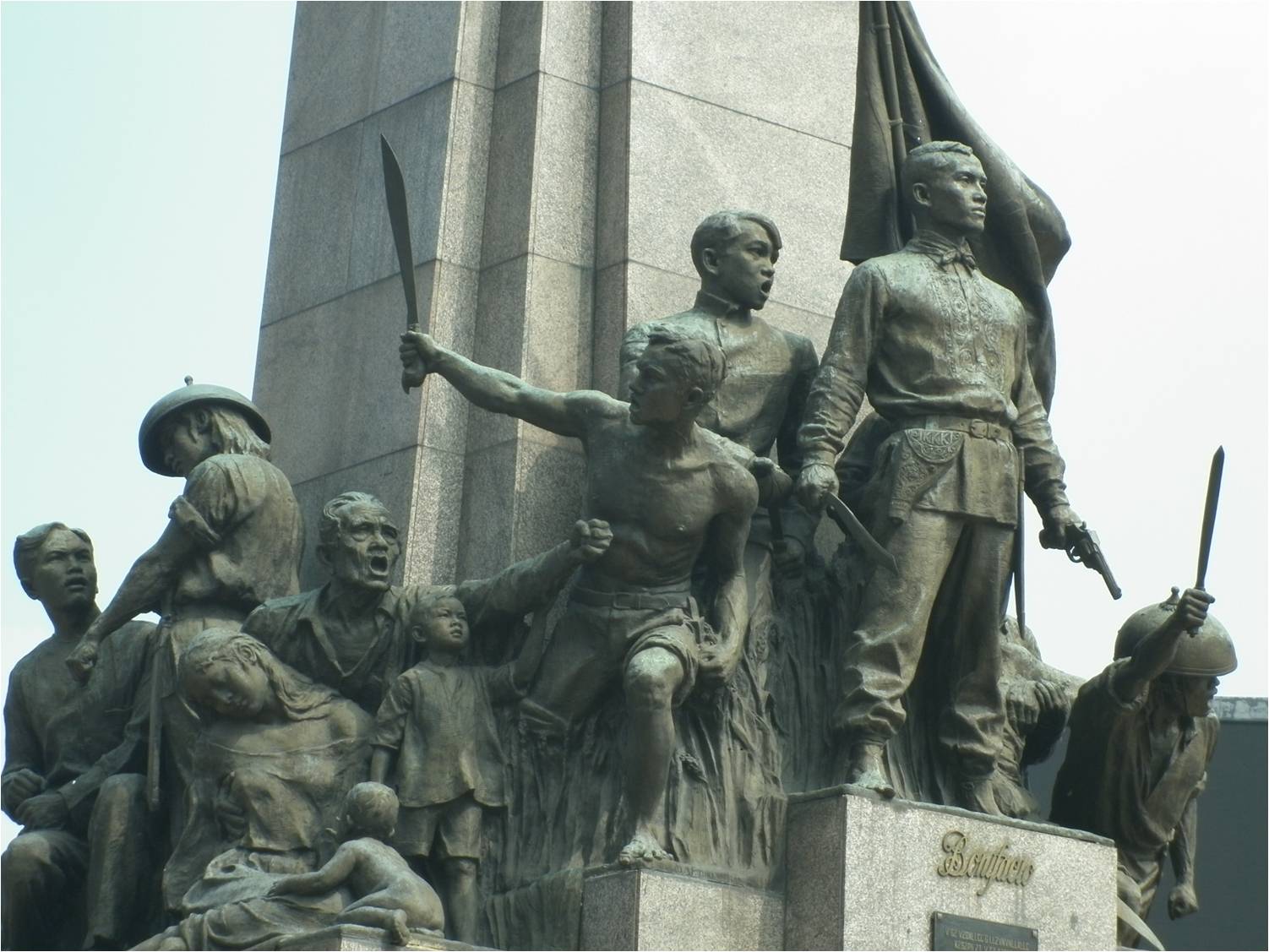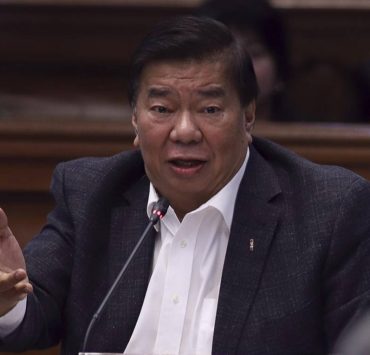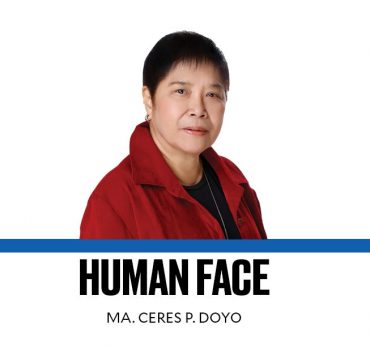Bonifacio: With his birth, we remember his death

When Andres Bonifacio was killed by his fellow Filipinos, it was also the death of our Filipino spirit. That spirit and virtues of solidarity, dignity, and justice were all at once disintegrated into dust and oblivion. It was the beginning of political greed and the end of human decency in Philippine history.
From the time of his death to each year that we commemorate his birth on Nov. 30, we, Filipinos, have perennially failed to atone his death with deserving justice and give him his meritorious credit as the Filipino who loved our country so much and sacrificed his life toward our independence. He could have been the righteous first president of our republic if not for this tragic event in our history. It is true that history is written by the victors, but under the shadow of this exuberant claim are victims and oppressed who were silenced, only because they were considered as hindrance to their outspoken dream to rule at all costs, which includes to kill, to murder.
Bonifacio, together with his brother Procopio, were brutally killed on the morning of May 10, 1897, at Maragondon, Cavite. There were conflicting accounts on how Bonifacio had died, but one thing is for sure: He was killed by our own kin. We also get different views about the legitimacy of this execution depending on what books we read but one thing is for sure: He was a threat to someone.
This ill politics of personal ambition is a poison in our society. It kills the inner core of who we are as a civilized nation.
Ironically, as we commemorate the birth of the father of the Filipino nation, it always reminds us of his barbaric death. How can we celebrate his birth with dignity if until now we have no power to vindicate his death with justice? We are muted to swallow his wound by endlessly glorifying the people, who were responsible for his death, as heroes.
Bonifacio’s death is tragic. But what is more tragic is the saddest powerlessness of Filipino people to give the father of our nation the justice he deserves. In our modern times, it is liberating that we always take pride as human rights advocates who want social justice and change. But as truthful as it is, Bonifacio’s death is in our hands. Until when will the Filipino people remain naïve of this truth that we are both the oppressed and the oppressor of our own history? We can only be free if we can conquer the worst enemy of all—our self.
Bonifacio shall teach us how we can accept the evil within us. By recognizing the demons in us, we can see the light, through Bonifacio’s death, that there was once a man who dreamed, and fought bravely, for a free country so that we can live with dignity. With his birth, we remember his death.
Rado Gatchalian,
Sydney, Australia


















